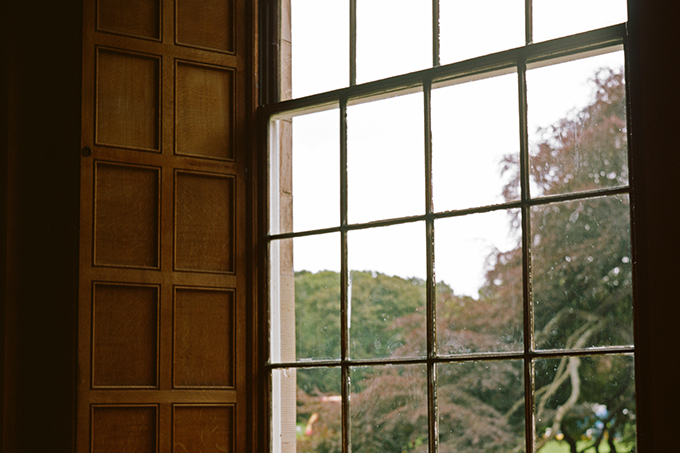I remember proposing to my graduate school advisor that I write my thesis on: The mechanisms of how people change. He looked at me and asked, “How long do you want to be here. You could research that forever.” I chose another topic.
Recently, I ran across Carol. S. Dweck book Mindset: The New Psychology of Success. It brought back my curiosity around what contributes to change. Maybe the framework is not as complicated as my advisor thought?
Dweck’s twenty-year research project has shown that the beliefs we hold about ourselves and the stories we tell from those beliefs have a profound effect on the quality of our lives and relationships.
She found that there are two broad mindset categories: the fixed mindset and the growth mindset.
The Fixed Mindset
“Believing that your qualities are carved in stone — the fixed mindset — creates an urgency to prove yourself over and over. If you have only a certain amount of intelligence, a certain personality, and a certain moral character — well, then you’d better prove that you have a healthy dose of them. It simply wouldn’t do to look or feel deficient in these most basic characteristics.”
When you live from this story about life everything is about win or loss. You always have to prove yourself. Every situation is compared and evaluated. The pressure is always on. Will I succeed or fail?” “Will I look smart or dumb?” Will I be accepted or rejected?” Your self-confidence depends on getting it right. It feels like you are on a treadmill where even if you are succeeding you can’t let up. If things get difficult you can be just as quickly move from success to failure
Sound way too familiar?
The Growth Mindset
Dweck goes on to say. “There’s another mindset in which these traits are not simply a hand you’re dealt and have to live with, always trying to convince yourself and others that you have a royal flush when you’re secretly worried it’s a pair of tens. In this mindset, the hand you’re dealt is just the starting point for development. This growth mindset is based on the belief that your basic qualities are things you can cultivate through your efforts. Although people may differ in every which way — in their initial talents and aptitudes, interests, or temperaments — everyone can change and grow through application and experience.”
This is not a Pollyanna perspective on the world in fact it is very down to earth and realistic. It holds that “a person’s true potential is unknown (and unknowable); that it’s impossible to foresee what can be accomplished with years of passion, toil, and training.”
How Do You Shift Your Mindset?
The fixed mindset way of thinking has often been modeled and reinforced from childhood. It seems like the norm. It makes perfect sense that you have a constant nagging internal judge who never lets you rest. Who evaluates everything things as good or bad, right or wrong; always comparing.
But how do you shift that into a perspective where you see challenges as opportunities to practice and learn new things. Where you don’t shy away from risks out of fear of failure but approach life with curiosity, courage and patience. Where life can be an adventure to explore and not a marathon to endure.
One way is to become aware of the stories you tell yourself.
I am always amazed at the creativity of the inner scenarios that the mind paints. Scenarios that are experienced as actually happening. In the same way that you experience the emotional realness of a good movie or book. As you practice being curious about these stories and suspend evaluation and judgement you begin to see a set of inner believes that you have collected out of your life experiences. Beliefs that helped you makes sense of things at one time, but do not serve you now.
With practice and support, it is possible to create a new storyline that invites you to live a life of creative freedom. Shifting from a fixed mindset to a growth mindset.


Very interesting….I grew up with a fixed mindset by my upbringing but somewhere along the line I read and evaluated and realized it can and does grow if you allow it to.